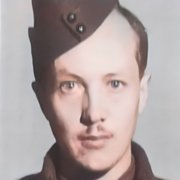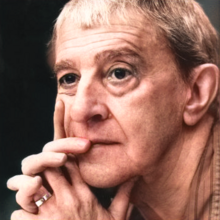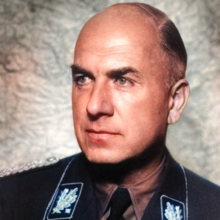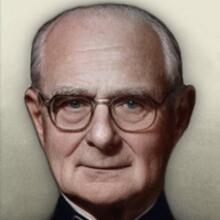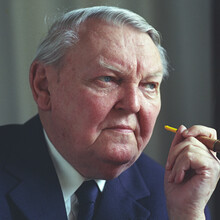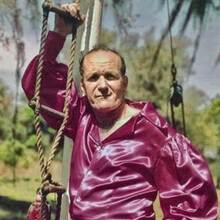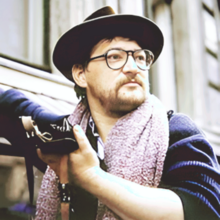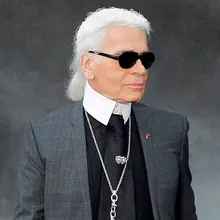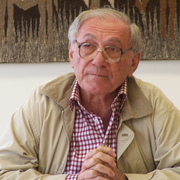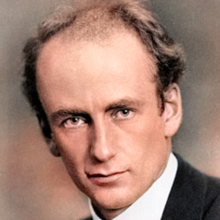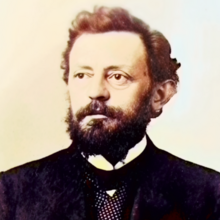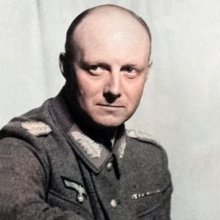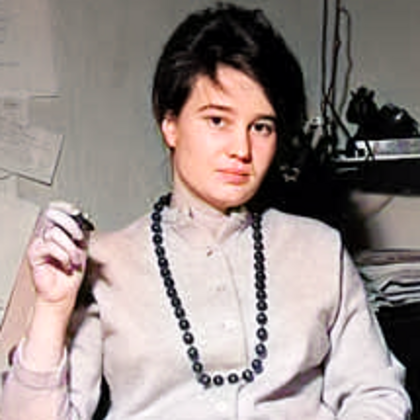
Personal
Other names:
Job / Known for:
Left-wing journalist
Left traces:
The Urban Guerilla Concept (1971)
Born
Date:
1934-10-07
Location:
DE
Oldenburg, Germany
Died
Date:
1976-05-09 (aged 42)
Resting place:
DE
Death Cause:
Suicide by hanging
Family
Spouse:
Klaus Rainer Röhl (1958-1968)
Children:
Bettina and Regine Röhl (twins)
Parent(s):
Werner and Ingeborg Meinhof
QR Code:
Show More
Rank
Users ranking to :
Thanks, you rate star
Ranking
5.0
1
Fullname
Ulrike Meinhof
Slogan
Protest is when I say I don't like this. Resistance is when I put an end to what I don't like.
About me / Bio:
Show More
Article for Ulrike Meinhof
Died profile like Ulrike Meinhof
Comments:

